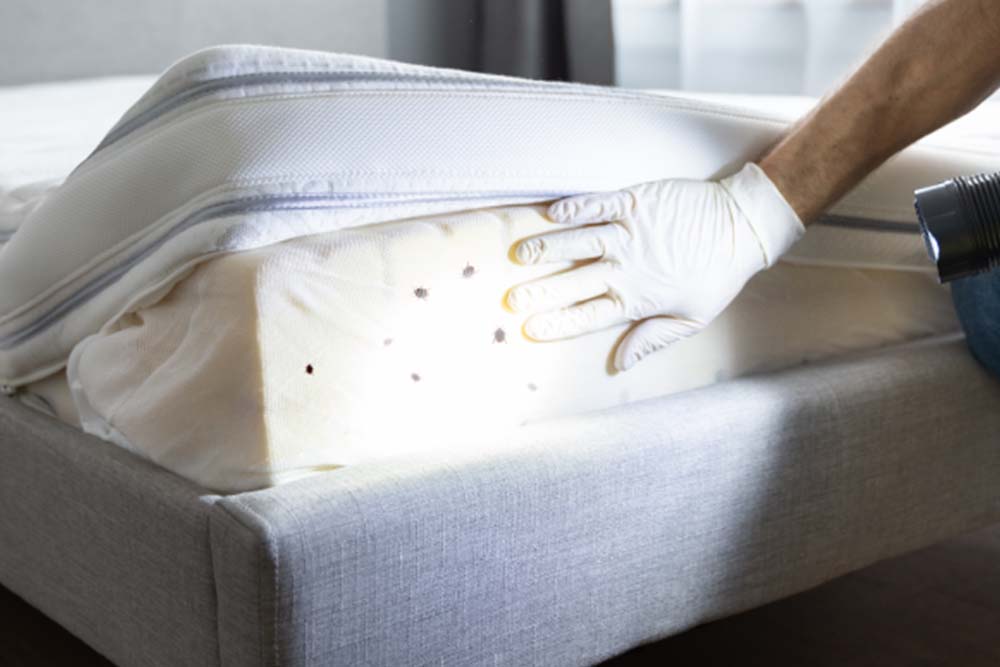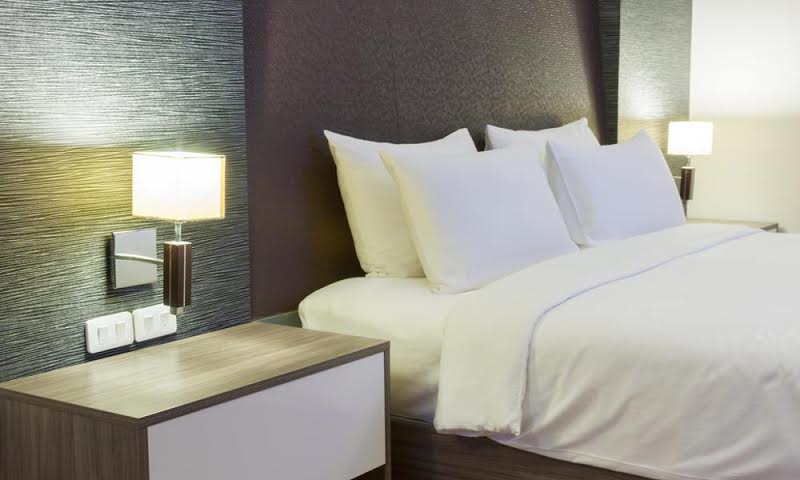In the hospitality industry, maintaining cleanliness and hygiene is paramount. One of the most pressing challenges hotel kitchens face is the potential invasion of rodents. Understanding how to prevent rodents in hotel kitchens is crucial, not only to maintain a spotless reputation but also to ensure the health and safety of guests and staff. This article will dive into effective strategies to keep these unwanted guests at bay.

Understanding the Threat of Rodents
Rodents, such as rats and mice, are not just nuisances; they are carriers of disease and can cause significant damage to property. In hotel kitchens, they pose a particular threat as they can contaminate food supplies and damage kitchen infrastructure. The first step in learning how to prevent rodents in hotel kitchens is recognizing the signs of their presence, such as droppings, gnawed materials, and strange noises.
Why Are Rodents Attracted to Hotel Kitchens?
Hotel kitchens, bustling with activity and abundant food supplies, are prime targets for rodents. Understanding why these pests are attracted to kitchens can help in devising strategies to keep them away. Food scraps, open garbage bins, and cluttered storage areas are all inviting to rodents looking for food and shelter.
Implementing Preventive Measures
1. Maintain a Clean Environment
The cornerstone of rodent prevention in hotel kitchens is cleanliness. Ensure that all food is stored in sealed containers and that kitchen surfaces are regularly cleaned and sanitized. Promptly dispose of food waste in tightly sealed bins to eliminate potential food sources for rodents.
2. Regular Inspections
Conducting regular inspections of the kitchen and surrounding areas can help identify potential entry points for rodents. Look for gaps in walls, floors, and around pipes. Sealing these entry points with materials such as steel wool or caulk can prevent rodents from entering the premises. For more detailed insights on identifying pest signs, you can visit signs of pests in hotel rooms.
3. Professional Pest Control Services
Enlisting the help of professional pest control services can provide an added layer of protection against rodents. These experts can offer tailored solutions and regular monitoring to keep kitchens rodent-free. Learn more about how hotels use technology for pest monitoring by visiting pest monitoring technology.
Utilizing Technology for Rodent Prevention
In today's digital age, technology plays a significant role in preventing rodent infestations. From electronic traps to smart monitoring systems, technology can provide real-time alerts and data-driven insights to help hotel staff take swift action. Discover the advantages of using technology in pest management by checking out what is pest monitoring in hotels.
The Role of Staff Training
Staff training is an essential component of any rodent prevention strategy. Educating kitchen staff on best practices for cleanliness, waste management, and identifying early signs of rodent presence can significantly reduce the risk of infestation.
1. Waste Management
Proper waste management is crucial in preventing rodents. Ensure that staff are trained to dispose of waste promptly and to seal garbage bags tightly before placing them in bins. For more information on waste management in hotels, visit how hotels monitor for pests.
2. Identifying Rodent Signs
Training staff to recognize signs of rodent activity, such as droppings, gnaw marks, and nests, can lead to early intervention and prevent a full-blown infestation. Explore more about pest control in hotel management by visiting Ecolab's pest control solutions.
Conclusion
Preventing rodents in hotel kitchens is a multifaceted approach that requires vigilance, regular maintenance, and the implementation of advanced technologies. By maintaining a clean environment, conducting regular inspections, utilizing professional services, and investing in staff training, hotels can effectively protect their kitchens from rodent invasions. For a comprehensive understanding of pest control in hotels, consider exploring Rentokil's pest management services.

FAQs
1. What are the first signs of rodents in a kitchen?
The first signs often include droppings, gnaw marks, and unusual noises. Regular inspections can help identify these signs early.
2. How can technology help in preventing rodents?
Technology can provide real-time alerts and monitoring, allowing for swift action to prevent infestations. Explore more at pest monitoring in hotels.
3. Why is staff training important in rodent prevention?
Staff training ensures that all team members are aware of best practices for cleanliness and waste management, reducing the risk of rodent infestations.
